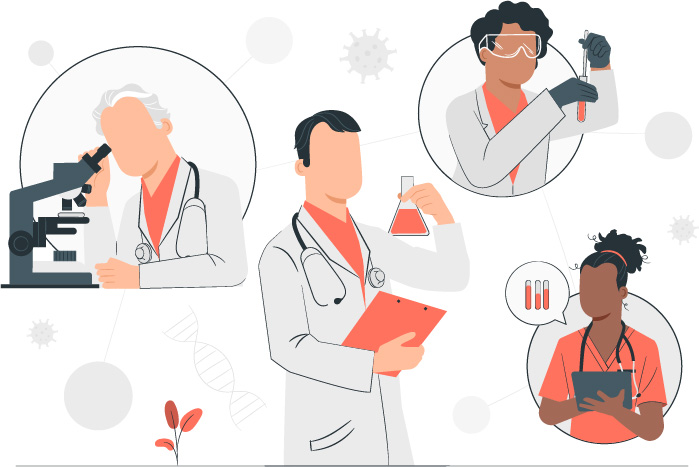The Lazio Region will contribute to finance an important research project presented by UniCamillus, International Medical University of Rome, entitled “Neuromodulatory therapy for persistent perceptual postural imbalance”, supporting the permanence in the territory of the Region of a young researcher -ex art. 24, paragraph 3, lett. a) of Law 240 / 2010- and thus contributing to contrasting the so-called Brain drain.
“Too often valid university researchers are forced to leave our country to make a career and find the right conditions for developing research projects. We believe that moving abroad should be a choice and not a necessity. For this reason we have introduced a new measure to contrast the phenomenon of brain drain “, underlines Claudio Di Berardino, Department of Work and new rights, Education, School and right to university study, Policies for reconstruction.
The University considers research to be the main engine for humanity’s progress and constantly strives to ensure the right to health for all individuals with prestigious research on various pathologies present in developing countries, but not only.
Specifically, the research project will concern persistent postural perceptual imbalance disorder (PPPD). It is a syndrome characterized by the continuous presence of dizziness in the absence of objective vertigo and in a condition of instability intensified by erect posture, active or passive movements and exposure to visual stimuli in movement. It affects 15-25% of patients belonging to dedicated neuro-otological units. PPPD is often overlooked since routine neuro-otological tests give normal results leading to the clinical conclusion that vestibular functions are normal. PPPD models, developed from animal and clinical data studies, suggest that the processing of vestibular and visual stimuli in motion is altered by abnormal interactions between the visual-vestibular systems and anxiety in the brain.
In a country like Italy that produces and exports talent, UniCamillus has hired several researchers within a few months. The University continues to carry out high-quality training, capable of relating the skills of young people with the needs of the labor market, supporting research to increase employment in a constantly evolving sector such as health.

